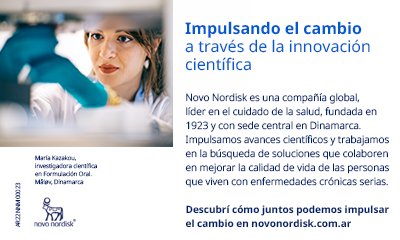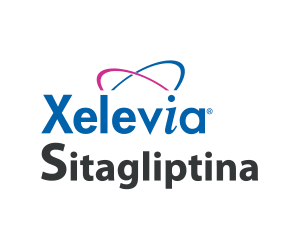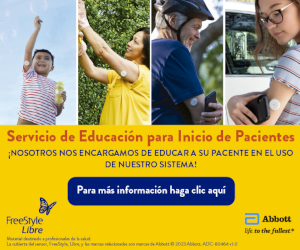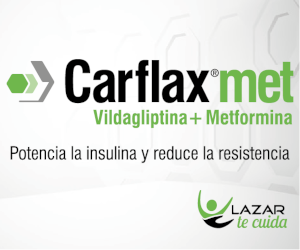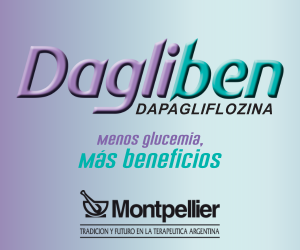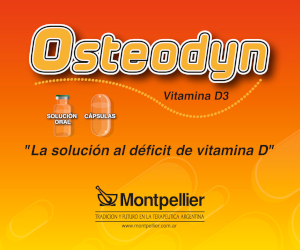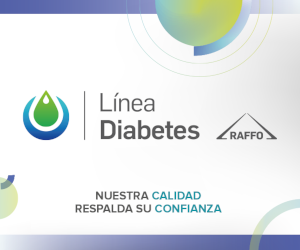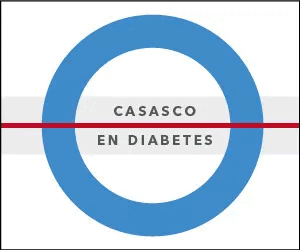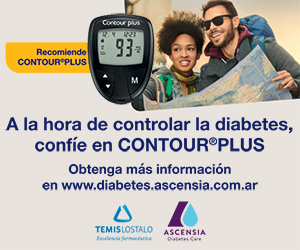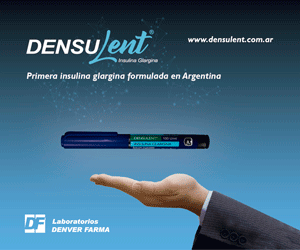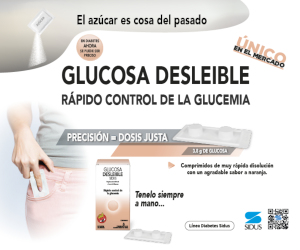Recomendations for the first appointment of adult persons with obesity
DOI:
https://doi.org/10.47196/diab.v56i2Sup.530Keywords:
obesity, diabetes mellitus, motivational interview, physical activity, body mass indexAbstract
The main objective of this recommendation is to establish the best strategies for obesity management in the first medical appointmet. For this, we formulated three “PICO questions” and we have answered based on the analysis of the available scientific evidence.
Our main conclusions were:
• In the first medical appointment of an adult patient with obesity, the motivational interview is more effective compared to the traditional approach for weight loss since it also allows to reinforce the patient's motivation and stimulate their participation in a behavioral change.
• For the obesity diagnosis, the body mass index continues to be a useful and simple detection tool; however, it is imperative to extend the view of obesity and establish the risk of complications in the first appointment, for this both the Edmonton staging system and the ABCD method are useful tools in addition to the body mass index.
• Aerobic physical activity is still recommended for its benefit in fat mass loss, mainly visceral, however, when combining anaerobic physical activity, the results are superior to the isolated aerobic strategy.
Conclusions: the approach to obesity in the first consultation should be based on a motivational interview to improve adherence; the diagnosis of obesity should be made by calculating the body mass index with an aditional tool that allows predicting the risk of complications; physical activity should combine aerobic as well as anaerobic strategies to improve both anthropometric and metabolic parameters.
References
I. Miller W, et al. Motivational interviewing. Helping people change. 3rd ed. New York, USA: Guildford Press; 2013
II. Van Wormer JJ, et al. Motivational interviewing and diet modification: a review of the evidence. The Diabetes Educator 2004;3:404-419.
III. Wollard J, et al. A controlled trial of nourse counselingon lifestyle change for hypertensives treated in general practice: preliminary results. Clin Exp Pharmacol Physiol 1995;22:466-468.
IV. Mhurchu CN, et al. Randomized clinical trial comparing the effectiveness of two dietary interventions for patients with hyperlipidaemia. Clin Sci 1998;95:479-487.
V. Berg-Smith SM, et al. A brief motivational intervention to improve dietary adherence in adolescents. Health Educ Res 1999;14:399-410.
VI. Resnicow K, et al. A motivational interviewing intervention to increase fruit and vegetable intake through black churches: results of the Eat for Life Trial. Am J Public Health 2001;91:1686-1693.
VII. Smith DE, et al. Motivational interviewing to improve adherence to a behavioral weight-control program for older obese women with NIDDM. Diabetes Care 1997;20:52-54.
VIII. Roisin P, et al. A randomized controlled trial of an intervention designed to improve the care given in general practice to type 2 diabetic patients: patient outcomes and professional ability to change behavior. Farm Pract 1998;15:229-235.
IX. Clark M, et al. Implementing a psychological intervention to improve lifestyle self management in patients with type 2 diabetes. Patient Educ Counsel 2001;42:247-256.
X. Davidson MB, et al. American Diabetes Association: clinical practice recommendations 2003. Diabtes Care 2003;26 (suppl1):S1-S156.
XI. Stott NCH, et al. Innovation in clinical method: diabetes care and negotiating skills. Farm Pract 1995;12:413-418.
XII. Doherty Y, et al. Motivational interviewing in diabetes practice. Diabetic Med 2002;19 (suppl 3):1-6.
XIII. Heins JM, et al. Tools and techniques to facilitate eating behavior change. In: Counlston AM, Rock CL, Monsen ER, eds. Nutrition in the prevention and treatment of disease. San Diego. Academic Press;2001:113-115.
XIV. Welch G, et al. Supporting lifestyle change with a computerized psychosocial assessment tool. Diabetes Spectrum 2002;15:203-207.
Downloads
Published
How to Cite
Issue
Section
License
Copyright (c) 2022 on behalf of the authors. Reproduction rights: Argentine Diabetes Society

This work is licensed under a Creative Commons Attribution-NonCommercial-NoDerivatives 4.0 International License.
Dirección Nacional de Derecho de Autor, Exp. N° 5.333.129. Instituto Nacional de la Propiedad Industrial, Marca «Revista de la Sociedad Argentina de Diabetes - Asociación Civil» N° de concesión 2.605.405 y N° de disposición 1.404/13.
La Revista de la SAD está licenciada bajo Licencia Creative Commons Atribución – No Comercial – Sin Obra Derivada 4.0 Internacional.
Por otra parte, la Revista SAD permite que los autores mantengan los derechos de autor sin restricciones.


